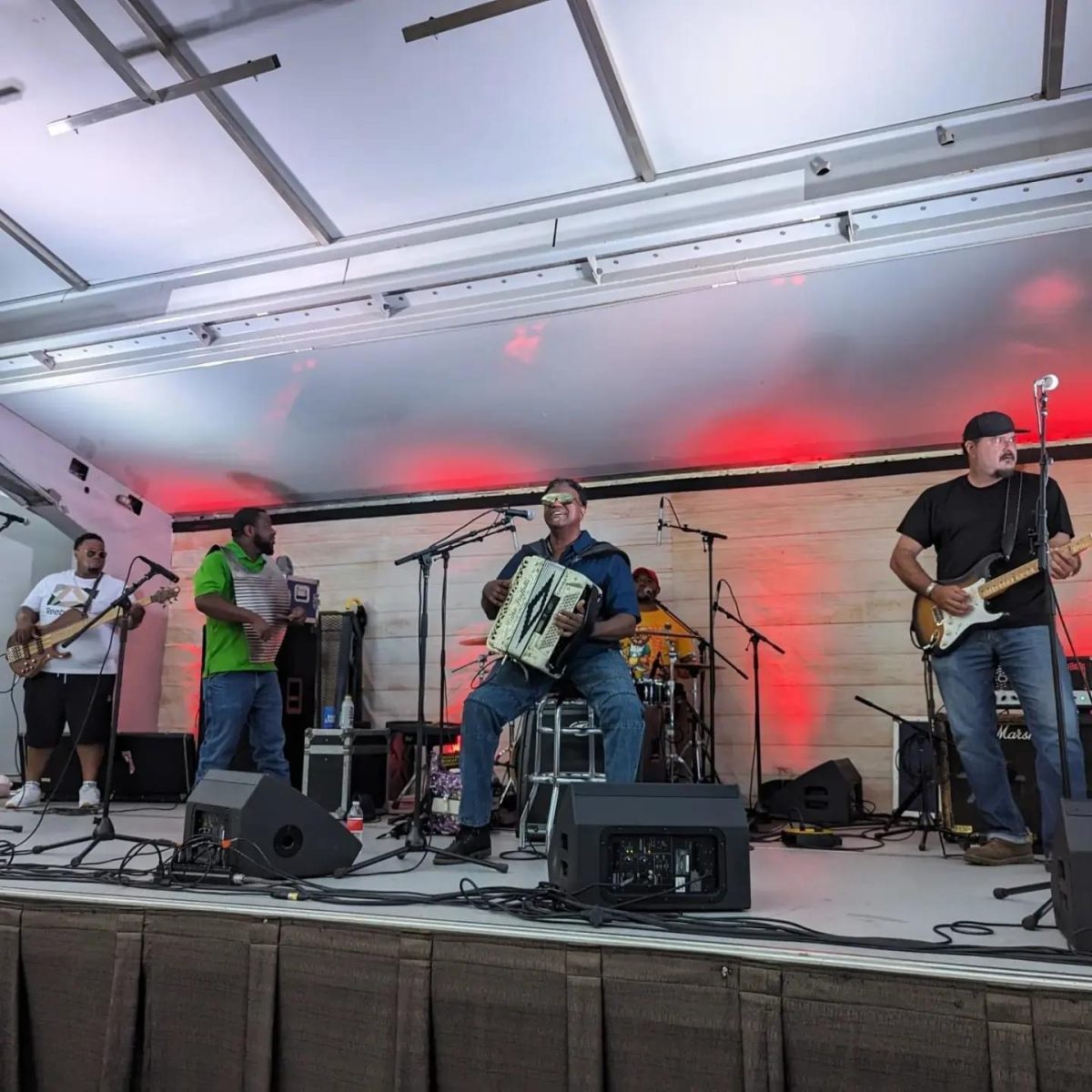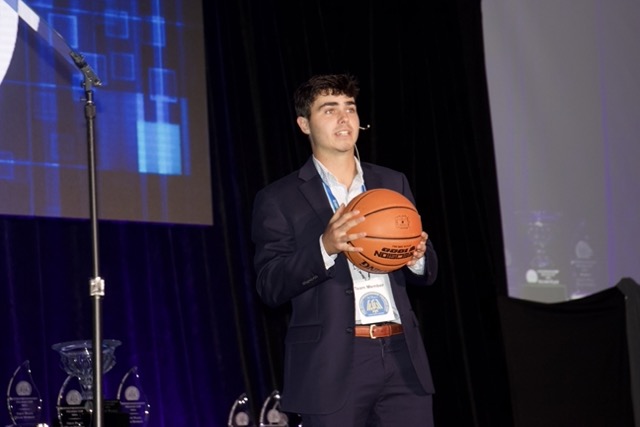The North Pole sent out a belated Christmas gift last week: a polar vortex that covered most of North America.
A polar vortex is described by Washington Post Editor Jason Sanehow as “a huge sprawling area of circulating cold air originating from the North Pole. It’s a low-pressure center, and typically during the winter months it resides up there.”
The polar vortex isn’t a storm system like a hurricane; it exists year-round in the Arctic Circle.
The cold air, which is typically trapped in a circular jet stream, became distorted this year and made a U-shaped dip into the eastern, southern and central regions of America. It smashed record low temperatures in many of the areas where it spread, including Monroe.
Tyler Henderson, a freshman undeclared major, said, “Well, when I got up in the morning it was so cold that I literally had to wait like 15 minutes before I could even drive my car because the windows were frozen and I had to thaw them out.”
The distortion broke a record on Jan. 6 with a low of 20 degrees, one degree lower than record low of 21 degrees set in 1959.
Another record fell on Tuesday when Weather.com reported it was 14 degrees here, one lower than the previous Jan. 7 record set in 1970.
“When they were installing new routers they had to take part of the ceiling tile out. Now that was cold! I remember that,” said Abigail Gould, a junior toxicology major. “We had to turn the heater on in all the rooms to make sure the pipes didn’t freeze, but, we survived!”
Fourteen degrees isn’t just a record low for Jan. 7, it’s the coldest day in 18 years for Monroe. The last time Monroe’s temperature dipped below 14 degrees was Feb. 4, 1996, when the temperature plummeted to 13 degrees.
Meteorologists speculate the polar vortex distortion was caused by high-pressure systems over Greenland and Alaska and global warming. Warmer winds and excess heat radiating from the ocean allow the arctic air to escape the jet stream that normally traps it in the Arctic circle.
The polar vortex receded late last week but Accuweather.com Long-Range Forecaster Paul Pastelok says another, but less severe, arctic blast will hit most of non-western America next week.
The worst of the blast isn’t expected to affect most of the South however there is a possibility for snow.








